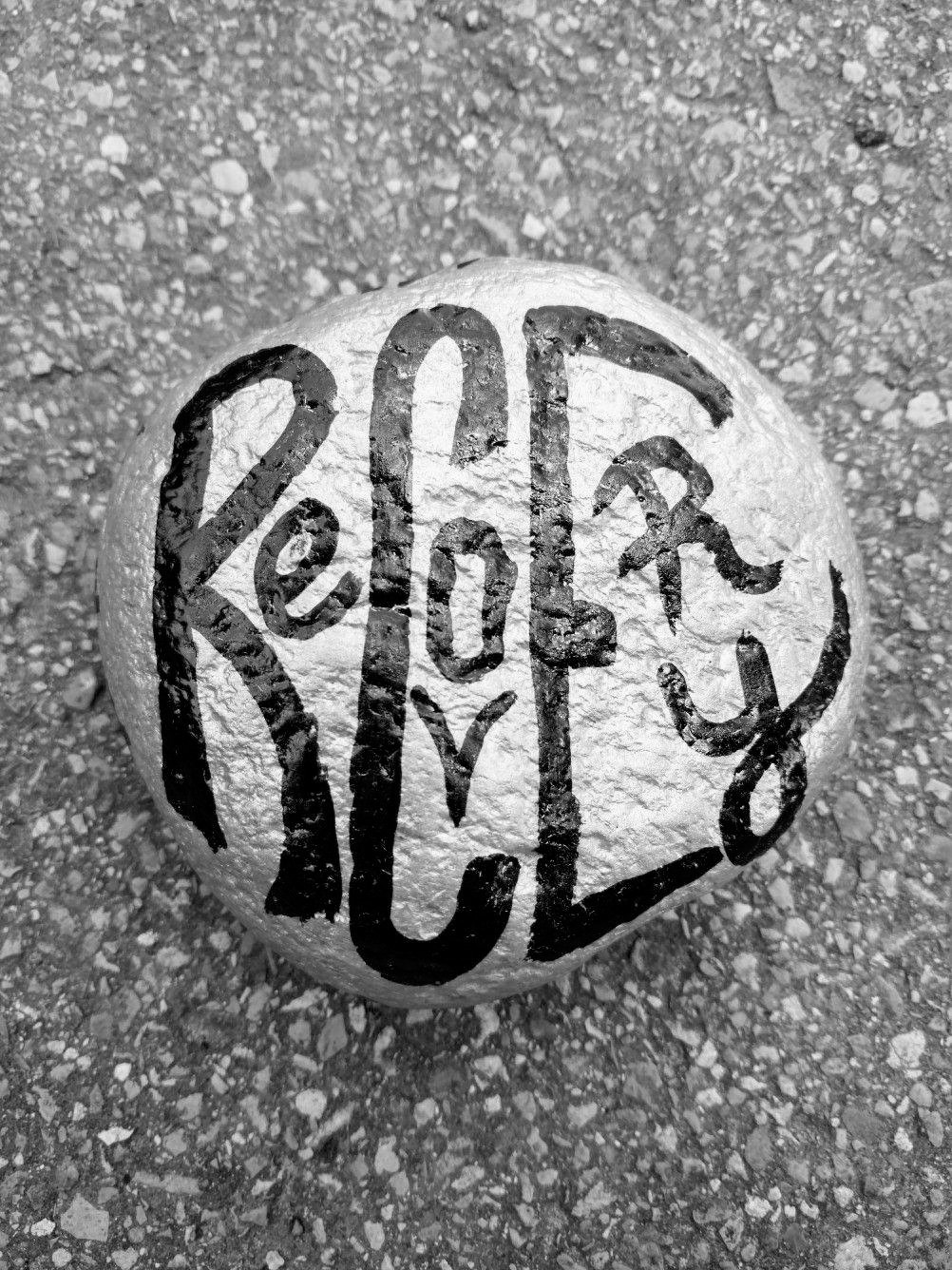By Alyson Peabody, News Editor
USM’s Recovery Oriented Campus Center has been helping students toward rehabilitation since 2016. The program’s goal is to assist students recovering from substance use and mental health by offering a network of peers and allies at USM to help ease the transition. They do not provide clinical support. The program requires crisis intervention when necessary and does not allow individuals to attend the ROCC while under the influence out of respect for students focused on recovery.
The ROCC’s Program Coordinator, Anna Gardner, oversees a staff of nine work-study students who facilitate the program’s peer-driven events: Ashley Boerner, Damaris Duarte, Millie Kidd, Benjamin Knapp, Samantha Melasecca, Antwane Mills, Sam Perry, Victoria Pfanstiehl, and Lauren Porter.
Senior Peer Leader, Lauren Porter, described her active involvement in the program as a group facilitator and work-study student that helps individuals stay committed to their recovery and to the recovery of others.
“Being in college, there is a myth that to have fun, you have to party,” Porter said. “The ROCC helps counteract this by providing plenty of opportunities for students to have fun without using substances.” The program offers trips, activity nights and local outings. “Living on campus, students hear and see partying, which can be difficult for someone who is working on moderation or abstinence from substances.”
Bryn Gallagher, one of ROCC’s founders, wrote an essay describing the misconceptions that people may have about recovery.
“You do not have to get blackout drunk before you can enter recovery,” Gallagher said. “You do not have to get an OUI before you can enter recovery. You do not have to be failing classes before you can enter recovery. Too often, the world around us tells us that it is normal – especially as college students – to drink to the point of alcohol poisoning on a regular basis. This is false, and it is fatal.”
Porter said the community provides an opportunity for students to build friendships within and outside of the walls of ROCC.
“Many students lose friendships when they enter recovery,” Porter said, “and may have to create a new sense of what is normal. Having the ROCC provide activities, a routine and friendships are critical.”
Porter said that recovery allies and individuals connected with someone in recovery can benefit from the ROCC by engaging with groups and learning from students in recovery. She attends weekly group meetings, leads two peer support groups, and handles social media outreach.
These are the groups offered by the ROCC this semester:
- Mental health support group
- Chronic illness support group
- Meditation
- Yoga
- Veteran’s support group
- Autism support group
- Art group
- All recovery group
- An LGBTQ+ recovery group
- Masculinity and recovery
The program hopes to expand its reaches to the Gorham campus in coming years. Mindful Monday is offered on the Gorham and Portland from 12:15 pm to 1:00 pm for students to engage in group meditation, yoga, and breathing techniques for releasing stress.
The Intercultural and Diversity Advisory Council is featuring the ROCC on Feb 26 from 12 pm to 1:30 pm at their monthly Lunch & Learn in the University Events Room on the 7th floor of Glickman Library.
The ROCC is located at the Portland Campus on the second floor of the Sullivan Gym. To learn more about the ROCC visit usm.maine.edu/recovery-oriented-campus-center/overview


Be First to Comment